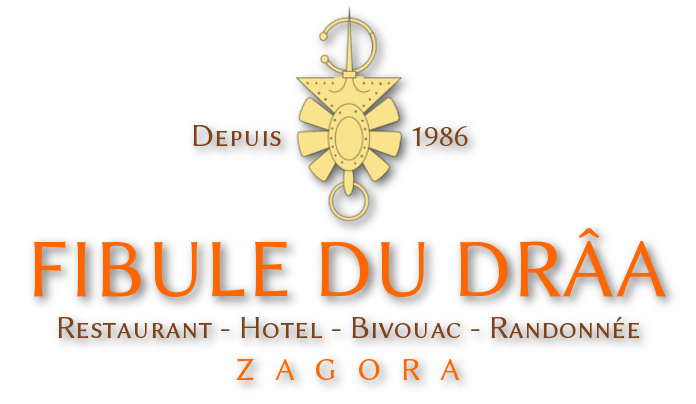The Klila : This nomadic dish is made from the surplus of camel whey. After boiling, the milk is strained and the leftover is collected. After cooling down, nomads mix the leftover with well-grounded dates.
Date syrup: It is made by boiling dates in a container of water for a long period of time until it becomes liquid. Then, strain and remove any remaining lumps. Originally, this product was a pure nomadic creation that became famous after being produced in a local cooperative. Date syrup is typically eaten with bread.
Bouleghman : This snack is made of wheat or barley roasted in a large pot with sand. The roasted wheat is then sifted and ground. To make Bouleghman, the ground wheat is dissolved in boiling water and spread with butter or olive oil. This highly nutritious dish is consumed by nomads in the morning or evening and carried in travel bags.
Sand bread: The sand bread is kneaded by hand and baked with hot sand at 50°C on hot stones and shiny palm leaves.
The Dhen : This spread is made with goat butter, salt, onions, and rosemary.
Tajine of camel meat with dates. This festive dish from Zagora is more commonly consumed in desert regions during the summer than in the winter, due to its high demand and frequent slaughtering. A male camel can produce up to 200 kg of meat ready for slaughter as it cannot be stored in a freezer.
Stuffed pigeons: This is one of the most requested dishes by travelers visiting the Draa Tafilalet region, especially in Zagora, the birthplace of this refined cuisine. Stuffed with meat, vegetables, and vermicelli, these pigeons require a lot of preparation time. Take four hours to prepare to savor this sophisticated dish for a special occasion. Pigeons are mainly traditionally raised by locals.
